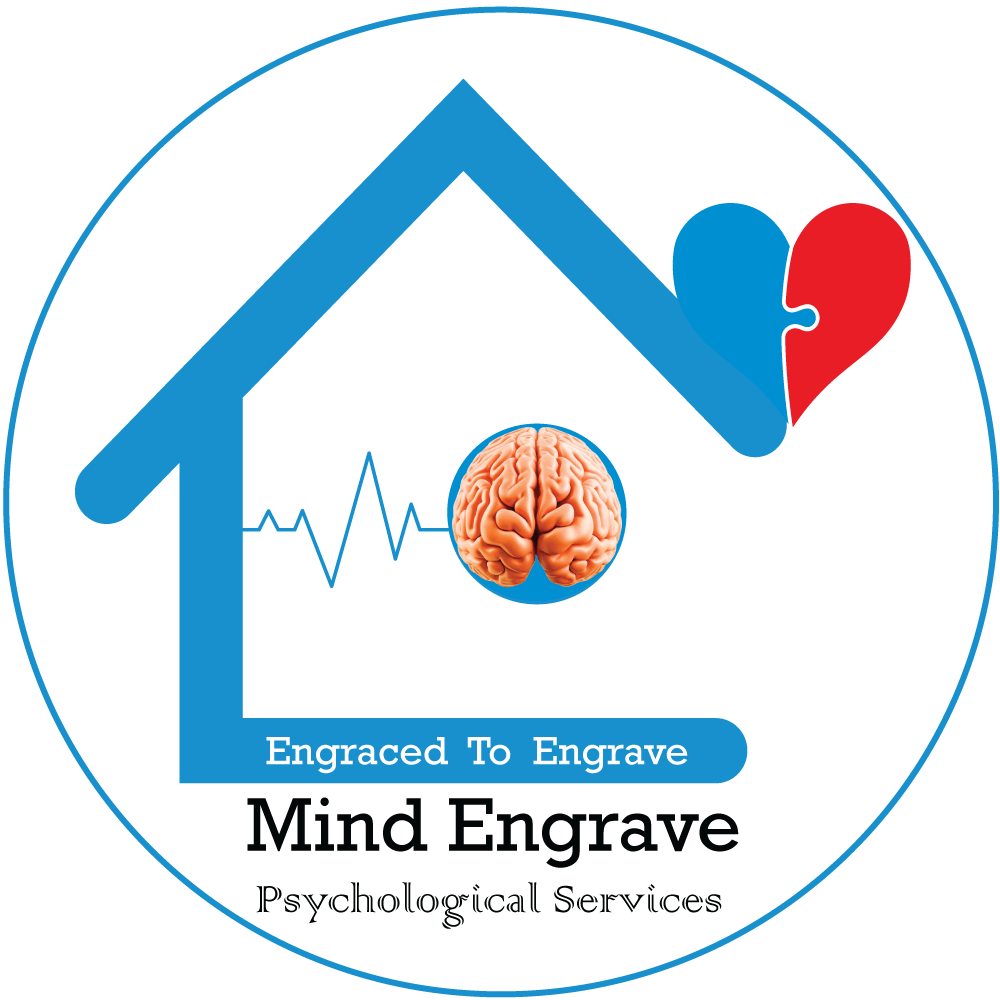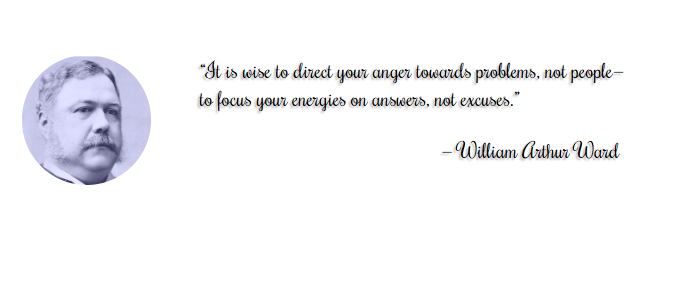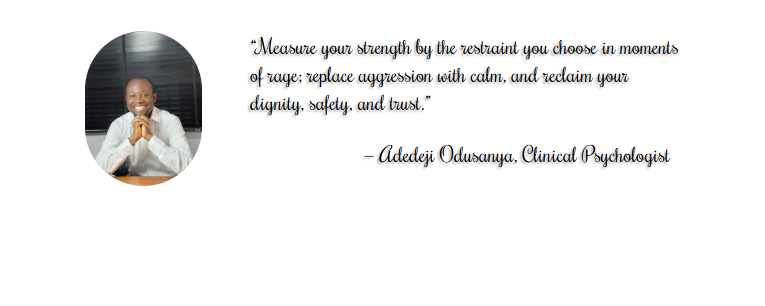How to Improve Mental Health: Practical Strategies
How To Improve Mental Health
Learning how to improve mental health starts with practical, repeatable actions. This clinical guide gives concise strategies on sleep, exercise, mindfulness, nutrition, routine, and cognitive skills. Use these steps to reduce symptoms, build resilience, and improve daily functioning whether you are a teen, an adult, or a professional supporting others.
Below are evidence-based, actionable strategies arranged as a clear listicle. Each item states what to do, why it helps, and simple steps to start immediately.
1. Sleep hygiene: How to Improve Mental Health with Rest
Poor sleep worsens mood, attention, and stress regulation. Fixing sleep helps stabilize mood and reduces anxiety.
- Keep a regular sleep-wake time, even on weekends.
- Create a wind-down routine: dim lights, stop screens 60 minutes before bed, and do a short relaxation exercise.
- Aim for 7–9 hours for adults; older teens may need a bit more.
Start by setting one consistent bedtime this week. Track sleep and mood for two weeks to check improvement.
2. Physical activity: How to Improve Mental Health Through Movement
Exercise reduces worry, improves concentration, and boosts mood through neurochemical change.
- Schedule 20–30 minutes of moderate activity most days (brisk walking, cycling, or dance).
- Use short bursts (10 minutes) if time feels tight.
- Add strength or balance work twice weekly for long-term benefit.
Begin with three 10-minute walks this week. Increase duration as you feel stronger.
3. Mindfulness & breathing
Mindfulness strengthens attention and lowers physiological arousal. Use short practices to manage acute stress.
- Try a 3-minute breathing break: inhale 4s, hold 4s, exhale 6s.
- Use guided mindfulness apps or short audio exercises during breaks.
- Practice daily, even briefly, to build tolerance for distress.
Apply a 3-minute practice before challenging tasks to reduce anxiety and improve focus.
4. Nutrition: Feed your brain for better mental health
What you eat affects energy, mood, and cognition. Stable meals help regulate blood sugar and mood.
- Eat regular meals with protein, whole grains, and vegetables.
- Limit high-sugar drinks and heavy late-night meals.
- Stay hydrated; dehydration worsens fatigue and irritability.
Swap one sugary snack per day for fruit and a protein source this week.
5. Social connection: Strengthen support networks
Social bonds protect against stress and depression. Small, regular contacts matter more than rare, intense interactions.
- Reach out to one friend or family member each week.
- Join a small group (sports, faith, study) that meets regularly.
- Offer and accept practical help—shared tasks reduce burden.
Set a reminder to message one trusted contact twice this week.
6. Routine & Time Management: How to Improve Mental Health with Structure
Structure reduces decision fatigue and prevents overwhelm. Use simple plans to restore control.
- Break days into blocks: work/study, movement, meals, and rest.
- Schedule enjoyable activities and treat them as appointments.
- Use a short daily to-do list with 3 priorities.
Plan tomorrow’s three priorities tonight to start the day with focus.
7. Limit Substances & Screens: Reduce avoidant habits
Alcohol, nicotine, excessive caffeine, and late-night screens worsen sleep and mood.
- Reduce alcohol and nicotine; swap stimulants for water or herbal tea after mid-afternoon.
- Set a screen cutoff 60 minutes before bed.
- Replace one evening scroll with reading or light activity.
Choose one substance or screen habit to cut back on for the next two weeks.
8. Cognitive Tools: How to Improve Mental Health with Simple Skills
Changing unhelpful thinking improves feelings and behaviour. Use short cognitive strategies daily.
- Record one negative thought and challenge it with evidence.
- Replace catastrophic predictions with balanced alternatives.
- Use a 5-minute problem-solving routine: define the problem, list options, pick one step.
Practice one thought-challenge each evening to reduce worry cycles.
9. Professional Support & Monitoring: How to Improve Mental Health When Needed
Use clinical care when symptoms persist or affect daily life.
- Seek assessment from a licensed counsellor, psychologist, or psychiatrist.
- Use validated measures (PHQ-9, GAD-7) to track symptoms.
- Combine therapy and medication when clinicians recommend both.
If symptoms last more than two weeks or include self-harm thoughts, contact a clinician promptly.
10. Workplace & School Adjustments: Support Sustainable Recovery
Environment matters. Employers and schools can reduce risk by adapting expectations and supports.
- Request short breaks, flexible deadlines, or quiet spaces.
- Promote confidential referral pathways and employee assistance programs.
- Train leaders to recognise distress and to respond with practical adjustments.
Ask HR or school counsellors about simple accommodations that preserve performance and wellbeing.
Quick checklist — start today
- Set a consistent bedtime.
- Do three 10-minute walks this week.
- Try a daily 3-minute breathing practice.
- Swap one sugary snack for protein and fruit.
Message one trusted person twice this week.
Conclusion
You can improve mental health with structured, repeatable actions. Combine sleep, activity, mindfulness, nutrition, social support, and cognitive work. Track small changes weekly and seek professional help when symptoms persist. These steps help teens, adults, and professionals build resilience and function better.

Odusanya Adedeji
Odusanya Adedeji A., is a Licensed & Certified Clinical Psychologist whose domain of expertise cuts across management of specific mental health issues such as, Depression, PTSD, Anxiety & Anxiety related disorders, substance use disorder, etc








